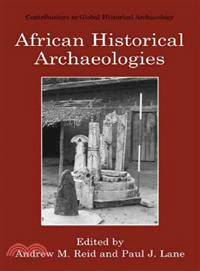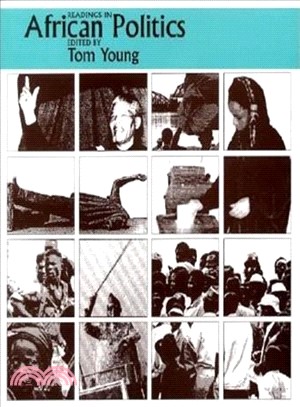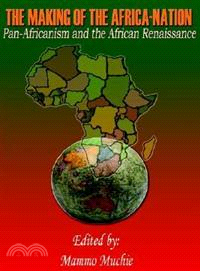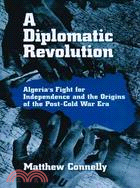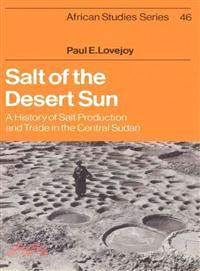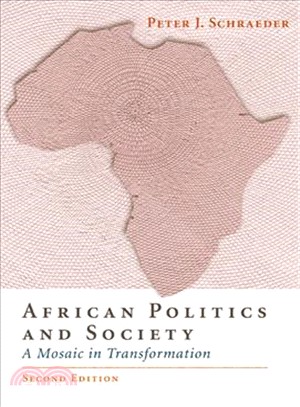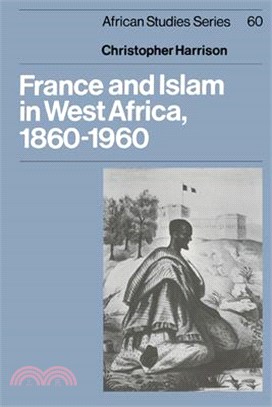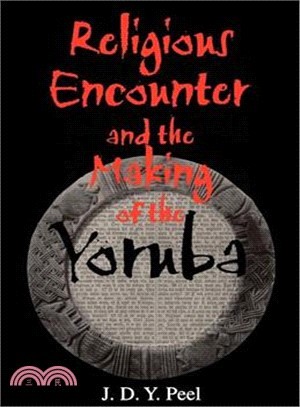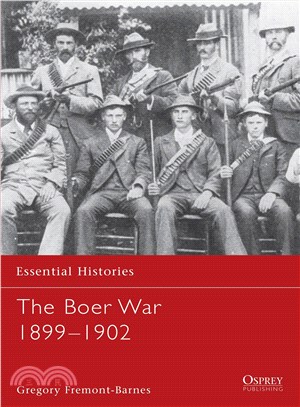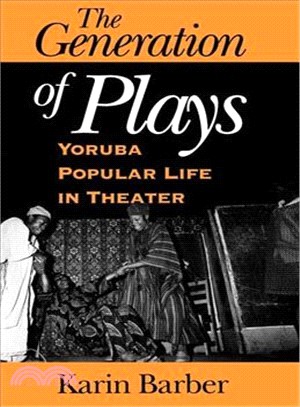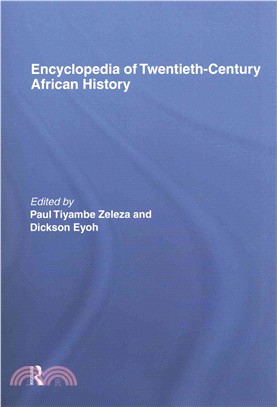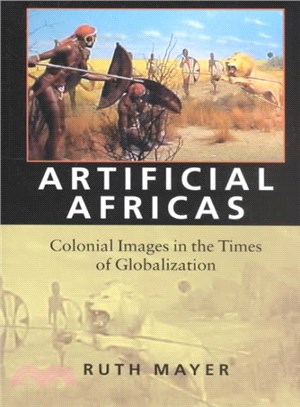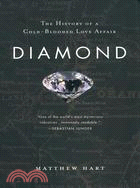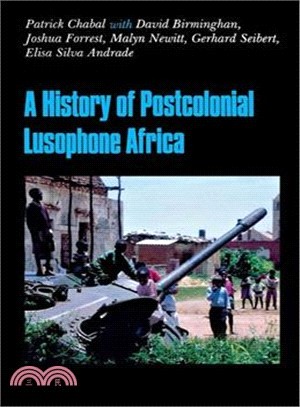共
1413 筆
第31 / 36 頁
若需訂購本書,請電洽客服 02-25006600[分機130、131]。
優惠價:1
2457
無庫存
優惠價:1
2551
無庫存
若需訂購本書,請電洽客服 02-25006600[分機130、131]。
出版日:2003/12/31
作者:Merid W. Aregay (EDT);
Donald Crummey (EDT);
Gideon Goldenberg (EDT);
Paolo Marrassini (EDT);
Siegbert Uhlig (EDT)
出版社:Isd
裝訂:精裝
若需訂購本書,請電洽客服 02-25006600[分機130、131]。
優惠價:1
1497
無庫存
優惠價:9
1988
無庫存
出版日:2003/12/01
作者:R. S. O'Fahey (TRN);
M. I. Abu Salim (TRN);
M. J. Tubiana (TRN);
J. Tubiana (TRN)
出版社:Cambridge Univ Pr
裝訂:平裝
優惠價:1
2584
無庫存
優惠價:1
1827
無庫存
優惠價:9
2189
無庫存
若需訂購本書,請電洽客服 02-25006600[分機130、131]。
優惠價:1
2879
無庫存
出版日:2003/09/01
作者:Goran Hyden (EDT);
Michael Leslie (EDT);
Folu F. Ogundimu (EDT)
出版社:Transaction Pub
裝訂:平裝
優惠價:1
3297
無庫存
若需訂購本書,請電洽客服 02-25006600[分機130、131]。
優惠價:1
2400
無庫存
優惠價:1
750
無庫存
優惠價:1
1680
無庫存
優惠價:79
720
無庫存
優惠價:1
2100
無庫存
優惠價:1
1042
無庫存
優惠價:1
1537
無庫存
優惠價:79
270
無庫存
優惠價:1
2400
無庫存
出版日:2003/03/01
作者:Peter N. Peregrine;
Melvin Ember (EDT);
Peter N. Peregrine (EDT);
Inc. Human Relations Area Files (COR)
出版社:Kluwer Academic Pub
裝訂:精裝
若需訂購本書,請電洽客服 02-25006600[分機130、131]。
優惠價:79
600
無庫存
優惠價:1
2397
無庫存
優惠價:1
2309
無庫存
優惠價:1
3519
無庫存
優惠價:1
3479
無庫存
優惠價:1
1677
無庫存
優惠價:1
538
無庫存
出版日:2002/12/01
作者:Tiyambe Zeleza (EDT);
Paul Tiyambe Zeleza (EDT);
Dickson Eyoh (EDT)
出版社:Taylor & Francis
裝訂:精裝
若需訂購本書,請電洽客服 02-25006600[分機130、131]。
若需訂購本書,請電洽客服 02-25006600[分機130、131]。
優惠價:1
1920
無庫存
若需訂購本書,請電洽客服 02-25006600[分機130、131]。
優惠價:1
2400
無庫存
優惠價:79
450
無庫存
優惠價:1
3129
無庫存
出版日:2002/09/01
作者:Patrick Chabal;
David Birmingham;
Joshua Forrest;
Malyn Newitt;
Gerhard Seibert;
Elisa Silva Andrade
出版社:Indiana Univ Pr
裝訂:平裝
優惠價:1
1560
無庫存
優惠價:1
1498
無庫存



